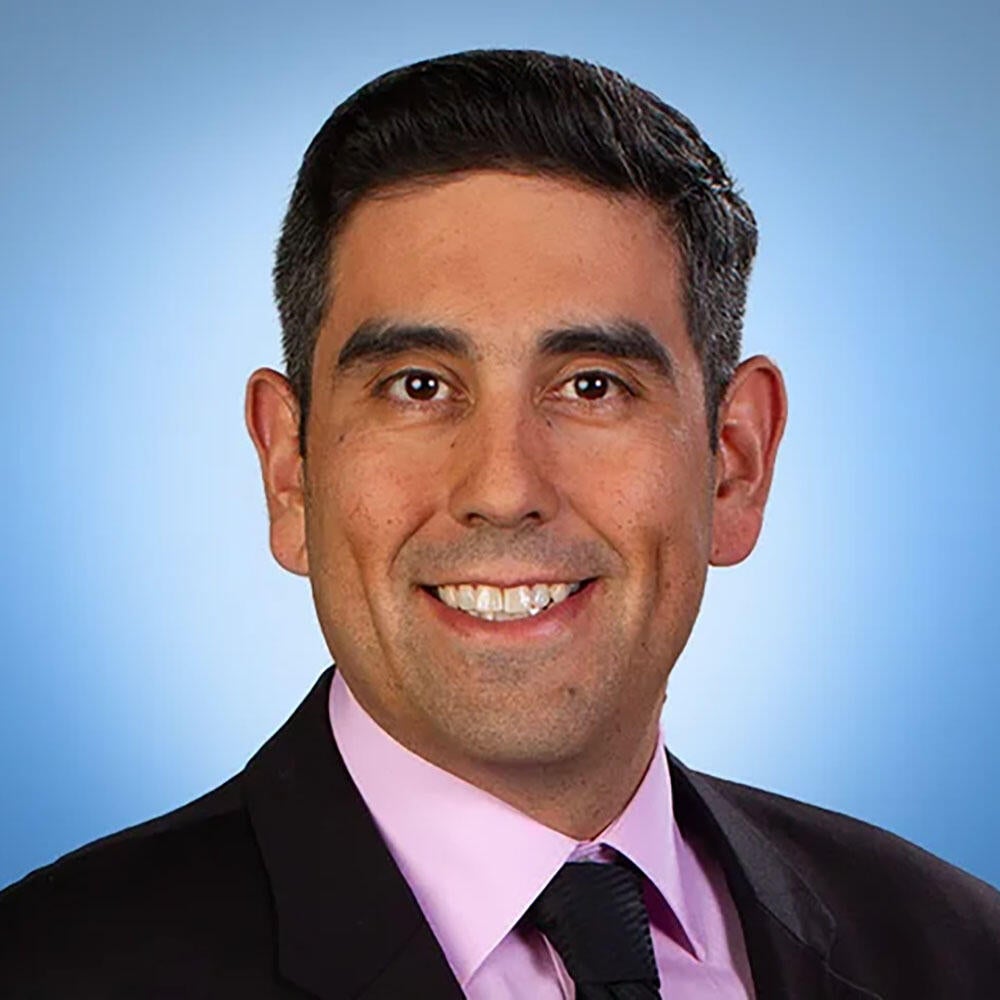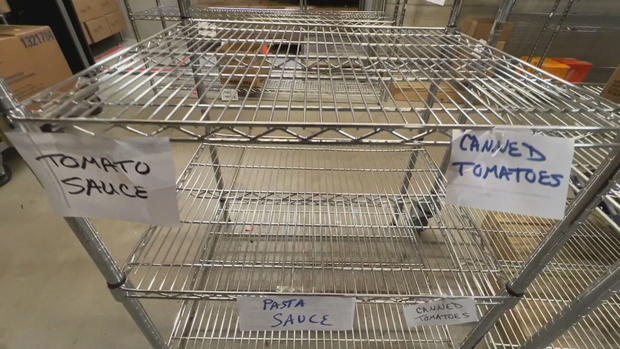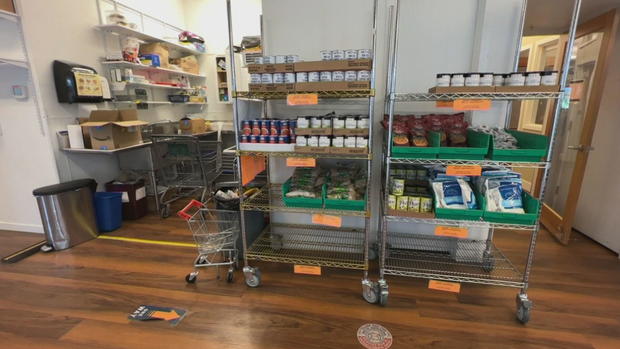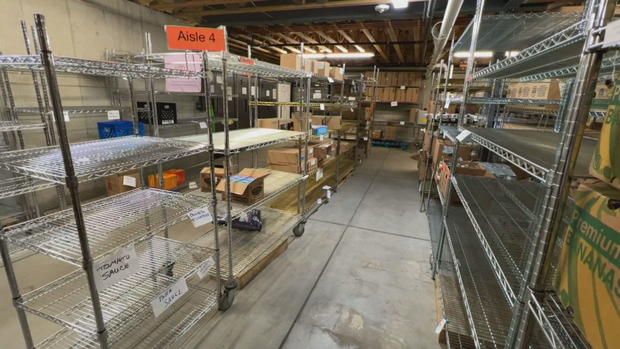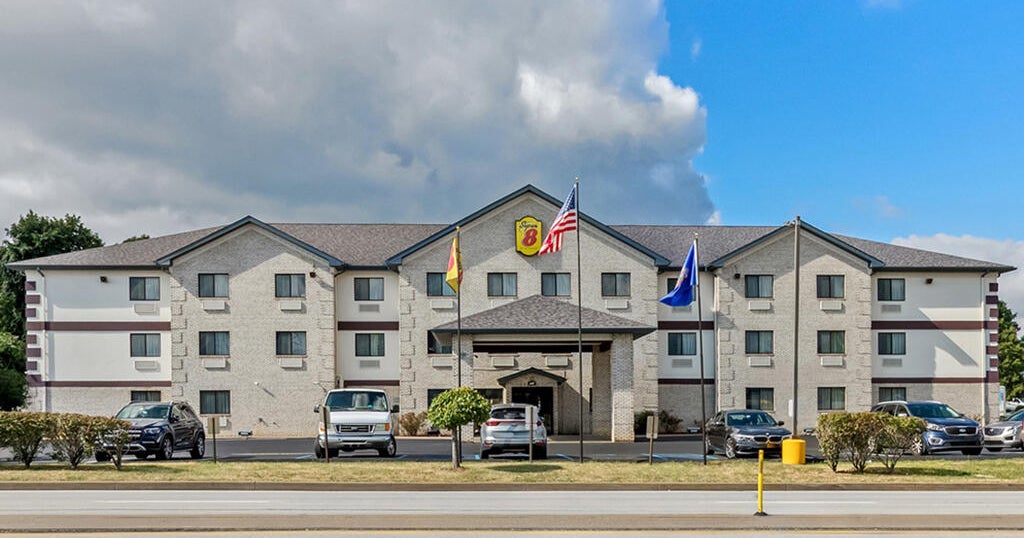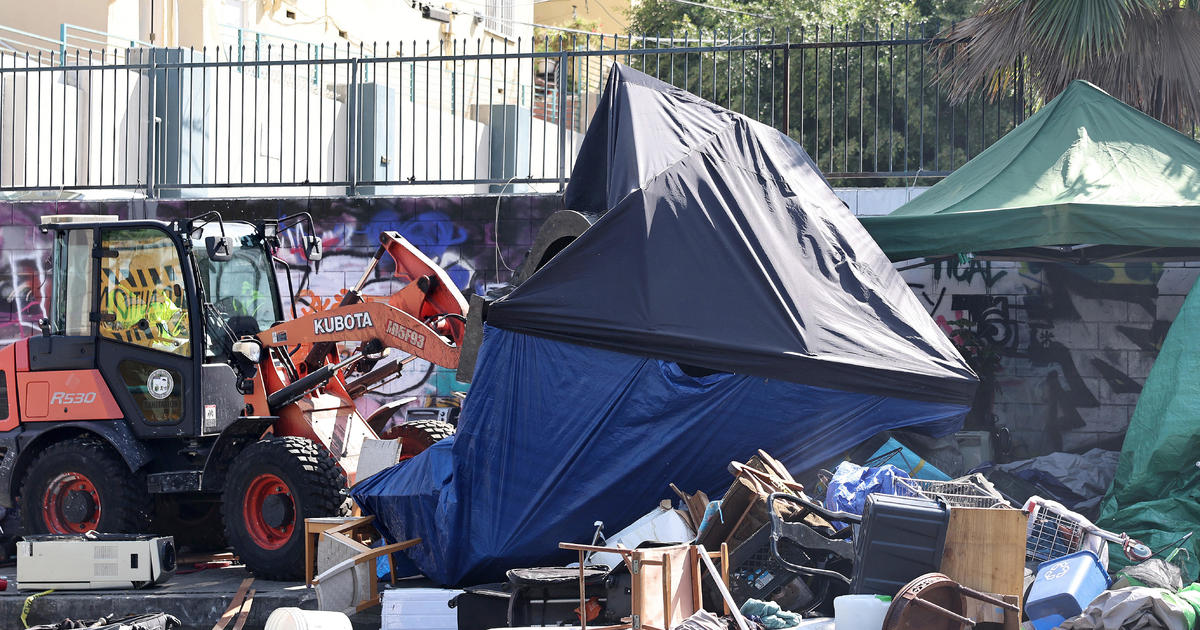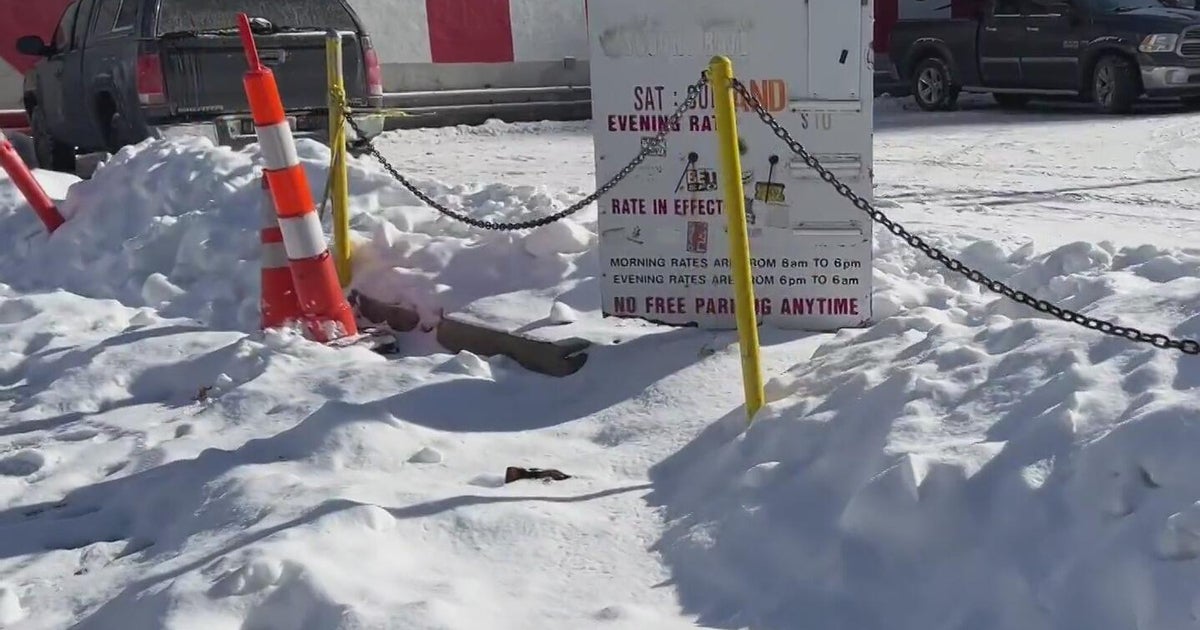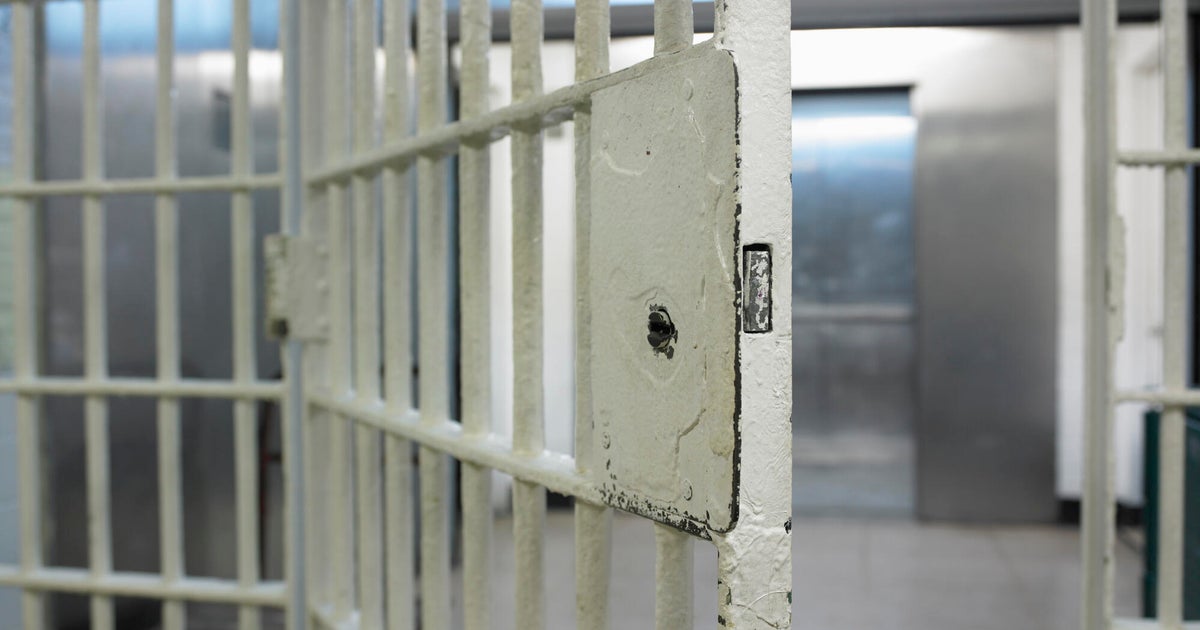'Greater need, less supply': food banks rise to meet challenge
At the Emergency Family Assistance Association (EFAA) food pantry in Boulder, they are helping more people than ever before put food on the table free of charge.
"We estimate that a family can save $120 or more on their grocery bill," said Food Bank Manager Walter O'Toole.
In these tough times that makes a big difference for food-insecure individuals, but it has also left their shelves bare.
"The combination of greater need and less supply is the worst now than it's been," said Executive Director Julie Van Domelen.
Supply chain issues have slowed their food intake to a crawl. They aren't getting the food they have purchased delivered to them and they aren't getting as much from Community Food Share the regional food bank that supplies them.
"It's not that there's no food out there. It's really about getting that food from point A to point B," said Kim Da Silva the CEO of community food share.
She says the bottom line is there is a worker shortage at places like freight companies which is delaying the delivery of food. Still, she says they and their partners will not run out because they have more food now than they did at the start of the pandemic. She says it's specific items food pantries like EFAA are running low on.
"We are working on bringing in the variety so that they have more of a choice, but until that time, we will continue to provide food," said Da Silva.
Until things get back to normal, EFAA is hoping the community will step up to restock their shelves. Like they have in the past by donating and holding food drives.
"I don't have a crystal ball, but K hope people can still find room in their giving and in our cupboards to do some sharing," said Van Domelen.
EFAA says they really need pantry staples like rice, tomato sauce, and canned fruit and veggies. They accept donations at their offices in Boulder.
